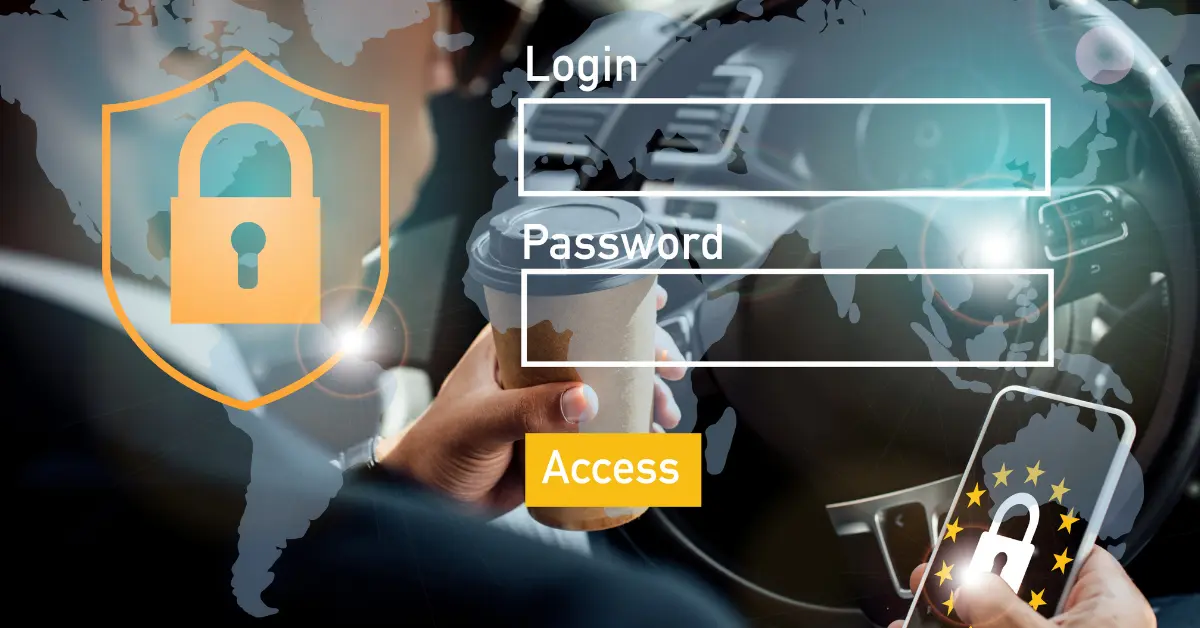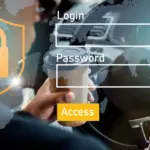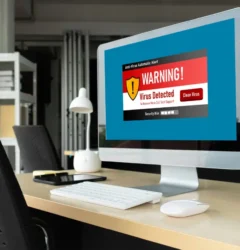16 May

1. Introduction
In today’s digital landscape, website security is of paramount importance. With WordPress being one of the most popular content management systems (CMS) powering millions of websites, ensuring the security of your WordPress site is crucial. One fundamental aspect of WordPress security is creating strong passwords. In this article, we will explore the significance of strong passwords, the characteristics they should possess, and provide practical tips for generating and implementing them effectively.
2. Importance of WordPress Security
WordPress security is vital to protect your website from potential cyber threats, unauthorized access, and data breaches. Weak passwords make your WordPress site vulnerable to hacking attempts, which can lead to compromised user information, defacement, or even complete loss of control over your website.
2.1 Why Strong Passwords are Crucial
Strong passwords act as a robust line of defense against unauthorized access. They significantly reduce the risk of brute-force attacks, where attackers systematically try different combinations to crack passwords. By creating strong passwords, you enhance the security of your WordPress site and safeguard sensitive information.
3. Characteristics of Strong Passwords
To ensure the effectiveness of your passwords, they should possess certain characteristics.
3.1 Length
Longer passwords provide better security. Aim for a minimum length of 12 characters, but longer passwords, such as 16 characters or more, are even more secure.
3.2 Complexity
Passwords should be a combination of uppercase and lowercase letters, numbers, and special characters. Avoid using easily guessable patterns or common phrases.
3.3 Avoiding Common Passwords
Steer clear of common passwords like “123456” or “password.” Attackers often try these common choices first. Opt for unique and unpredictable combinations.
4. Tips for Creating Strong Passwords
Now, let’s dive into some practical tips to create strong passwords for your WordPress site.
4.1 Randomness
Ensure your passwords are random and not based on personal information. Randomness adds complexity, making it harder for attackers to crack them.
4.2 Use of Special Characters
Incorporate special characters like !@#$%^&*() into your passwords. These symbols enhance the complexity and strength of your passwords.
4.3 Avoid Personal Information
Avoid using personal information such as names, birthdates, or addresses in your passwords. Hackers can easily gather such details from various sources.
4.4 Password Managers
Consider using password managers, such as LastPass or Dashlane, to generate and store strong passwords securely. These tools help you manage and retrieve complex passwords conveniently.
5. Implementing Strong Passwords in WordPress
Let’s discuss how to implement strong passwords effectively within your WordPress environment.
5.1 Admin Password
Ensure that your WordPress admin password is exceptionally strong. The admin account has significant privileges and serves as the gateway to your entire website. Follow the tips mentioned earlier to create a robust admin password that includes a combination of uppercase and lowercase letters, numbers, and special characters.
5.2 User Passwords
Encourage your users, such as contributors or subscribers, to use strong passwords as well. Educate them about the importance of password security and provide guidelines for creating secure passwords. You can enforce strong password requirements using plugins like Force Strong Passwords or Password Policy Manager.
6. Two-Factor Authentication
Two-factor authentication (2FA) is an additional layer of security that adds an extra step to the login process. It requires users to provide a second form of verification, such as a unique code sent to their mobile device or generated by an authentication app. Implementing a reliable 2FA plugin, like Google Authenticator or Duo Two-Factor Authentication, can greatly enhance the security of your WordPress site.
7. Regularly Updating Passwords
Creating strong passwords is just the first step. To maintain optimal security, it is essential to regularly update passwords. Set a reminder to change passwords periodically, such as every three months. This practice minimizes the risk of unauthorized access and strengthens your overall security posture.
8. Conclusion
In the realm of WordPress security, creating strong passwords is a fundamental yet crucial aspect. By understanding the significance of strong passwords and implementing best practices, you can significantly fortify the security of your WordPress site. Remember to prioritize length, complexity, and randomness when creating passwords. Additionally, consider implementing two-factor authentication and regularly updating passwords to stay one step ahead of potential threats.
9. FAQs
Below are some frequently asked questions related to WordPress security and strong passwords:
Q1. How can I remember complex passwords?
A1. It can be challenging to remember multiple complex passwords. Consider using a reliable password manager to securely store and retrieve your passwords.
Q2. Can I reuse passwords for different accounts?
A2. It’s highly discouraged to reuse passwords across different accounts. If one account gets compromised, all others using the same password become vulnerable as well. Use unique passwords for each account.
Q3. Are there any WordPress plugins that can help with password security?
A3. Yes, several WordPress plugins focus on enhancing password security. Some popular ones include Force Strong Passwords, Password Policy Manager, and Two-Factor Authentication plugins like Google Authenticator or Duo Two-Factor Authentication.
Q4. Should I share my WordPress password with others?
A4. It is generally not recommended to share your WordPress password with others unless absolutely necessary. Grant users appropriate roles and permissions instead.
Q5. What should I do if I suspect a security breach on my WordPress site?
A5. If you suspect a security breach, take immediate action. Change all passwords associated with your WordPress site, scan for malware, and consider reaching out to a security professional for further assistance.
Related Post
Recent Posts
- The Ultimate Defense: Preventing Content Scraping on Your Website

- Mastering WordPress Security: Creating Strong Passwords

- The Ideal Number of WordPress Plugins: A Comprehensive Guide

- Protecting Your WordPress Site: The Importance of Intrusion Detection System (IDS)

- The Ultimate Checklist for Detecting a Hacked Website

Categories
- Data (1)
- Web Security (23)
- WordPress (14)
We provide round-the-clock protection for your website with our state-of-the-art managed security services. You can relax and enjoy peace of mind knowing that we’ve got you covered. Our assurance: if we can’t secure your website, no one can.
© 2025 Seqrex. All rights reserved.


